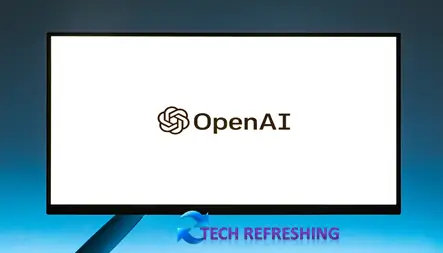
The AI giant is offering up to $20,000 in rewards to users who report vulnerabilities in its artificial intelligence systems.
OpenAI, the firm behind the popular chatbot sensation ChatGPT, has launched a Bug Bounty program aimed at enhancing the security of its artificial intelligence systems. The program, which went live on Tuesday, will offer rewards of up to $20,000 to users who report vulnerabilities in OpenAI’s systems.
Bug Bounty Program Details
Under the Bug Bounty program, individuals will receive rewards based on the severity of the bugs they report, with compensation commencing at $200 per vulnerability. OpenAI has extended an invitation to researchers to examine specific functionalities of ChatGPT and the framework governing communication and data sharing between OpenAI systems and third-party applications.
It is worth noting that the Bug Bounty program does not encompass incorrect or malicious content generated by OpenAI systems. This development follows ChatGPT’s recent ban in Italy due to potential violations of privacy regulations, which has led to regulators in other European countries scrutinizing generative AI services more closely.
Microsoft Corp-backed OpenAI’s ChatGPT has gained widespread popularity since its launch in November, impressing users with its quick responses to questions. However, it has also caused concern for some due to inaccuracies in its responses. The Bug Bounty program is intended to address these concerns and improve the security of OpenAI’s AI systems.
The Importance of Bug Bounty Programs
Programmers and ethical hackers are frequently rewarded by technology companies via bug bounty schemes for spotting and reporting any issues with their software systems. Companies that take a proactive approach to security are better able to identify and fix vulnerabilities before malevolent hackers may exploit them.
In recent years, bug bounty programmes have grown in popularity, with organisations like Google, Facebook and Microsoft rewarding customers who identify defects in their software. Another firm displaying a proactive approach to security and a dedication to safeguarding user data is the OpenAI Bug Bounty programme.
Conclusion
The initiation of the OpenAI Bug Bounty program marks a significant stride in fortifying the security of its artificial intelligence systems. Through incentivizing users to report vulnerabilities, OpenAI is endorsing a proactive security approach and showcasing its dedication to safeguarding user data. As AI’s role in our daily lives grows more crucial, it is crucial that companies take appropriate measures to ensure their systems’ security.







